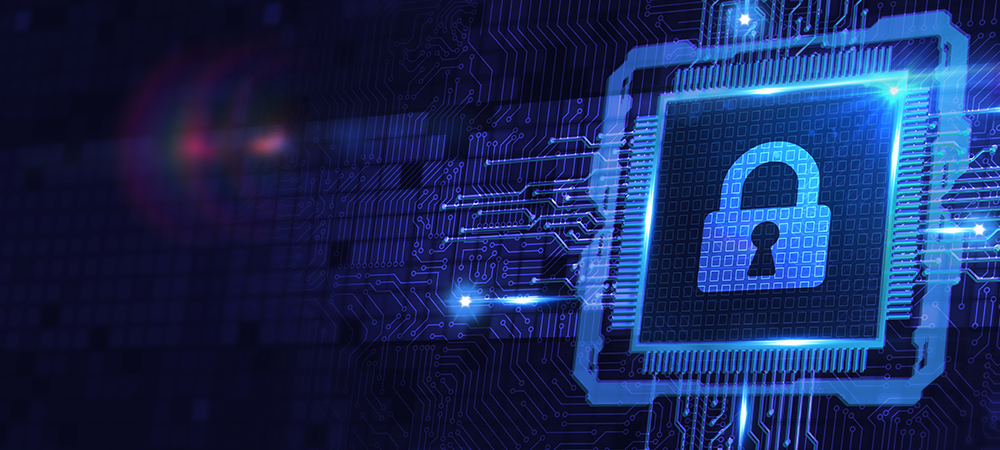To mark Safer Internet Day we are sharing three tips from Steven Cunnington – Global Lead for Identity Assistance Solutions, Collinson.
Safer Internet Day is a campaign celebrated in over 170 countries globally to raise awareness of using the internet safely and make online experiences better for everyone. Statistics show that the need to promote cybersecurity awareness is more pertinent now than ever, as an increasing number of people are living their lives online.
According to Kaspersky, 10.18% of connected computers worldwide experienced at least one malware-class attack between November 2019 and October 2020. More than 173 million unique URLs were recognised as malicious by the company’s anti-virus solutions over the same period and ransomware attacks were defeated on the computers of 549,301 unique users.
While the figures may give cause for concern, the good news is that there is much more that users can do to stay safe in cyberspace. Here are our top three tips to help protect your identity when online:
- Thoroughly check emails and phone messages before responding or clicking on links
Growing digital footprints leave us susceptible to cyber-attacks. Scam or phishing emails and text messages are the most common type of cyber-attack, where criminals seek to gather additional information about you, trick you into providing financial information or open files that contain malware.
If you receive a text or email that asks you to click on a link or for you to provide information, such as your name, credit card or bank details, it could be a scam. Protect yourself by following this advice:
- Do not open attachments or click on links in emails or texts from senders you do not know
- Never give out your personal information, bank / card details or passwords in response to an email, text or phone call without verifying who they are
- Always go to a website directly by typing out the address yourself when logging into an account – do not click on links sent via email and text
- Check for spelling mistakes in text messages and emails
You can follow this simple ‘scam’ test before responding to emails or clicking on links:
- S – seems too good to be true
- C – contacted out of the blue or by an unknown company or person
- A – asked for personal or financial details
- M – money or payment is requested or refund offered
- Change passwords regularly and ensure they are secure
Passwords are a key security measure to ensure your online accounts remain secure and protected.
Firstly, and most important, passwords should not be shared across different accounts, services or memberships, if one is compromised it is important to ensure that other accounts and login details are protected.
It is also important to change your password regularly; industry experts recommend each should be updated every few months and this is common practice for businesses. If your account has 2-factor authentication, then you do not need to change a password as often.
When changing a password, always use a combination of letters, numbers and characters, you should not use common phrases or details that are personal to you, such as a pet’s name or location. Also, remember that the longer the password is, the harder it is for a hacker to guess.
Finally, do not share your password with anyone. Refrain from writing them down, sharing them via email, social networking platforms and messaging services.
- Keep software and apps updated, and consider installing software and applications to help protect you from malware and phishing attacks
Firstly, it is important that you keep all software and apps continually updated to ensure they provide security. You can also consider specific software and mobile apps that help to protect you from malware and phishing attacks, across all device types.
If you are working and connected to a public Wi-Fi, you should ensure that you are using your businesses VPN service, if this is available to you, this provides an additional layer of security. It is important to note that using a VPN to access content or services that are restricted, is prohibited.
In addition, some Identity Protection services enable you to monitor your personal information so that you can understand if any is available in the public domain or has been compromised on the Dark Web. You can use this information to better protect your identity when online.


